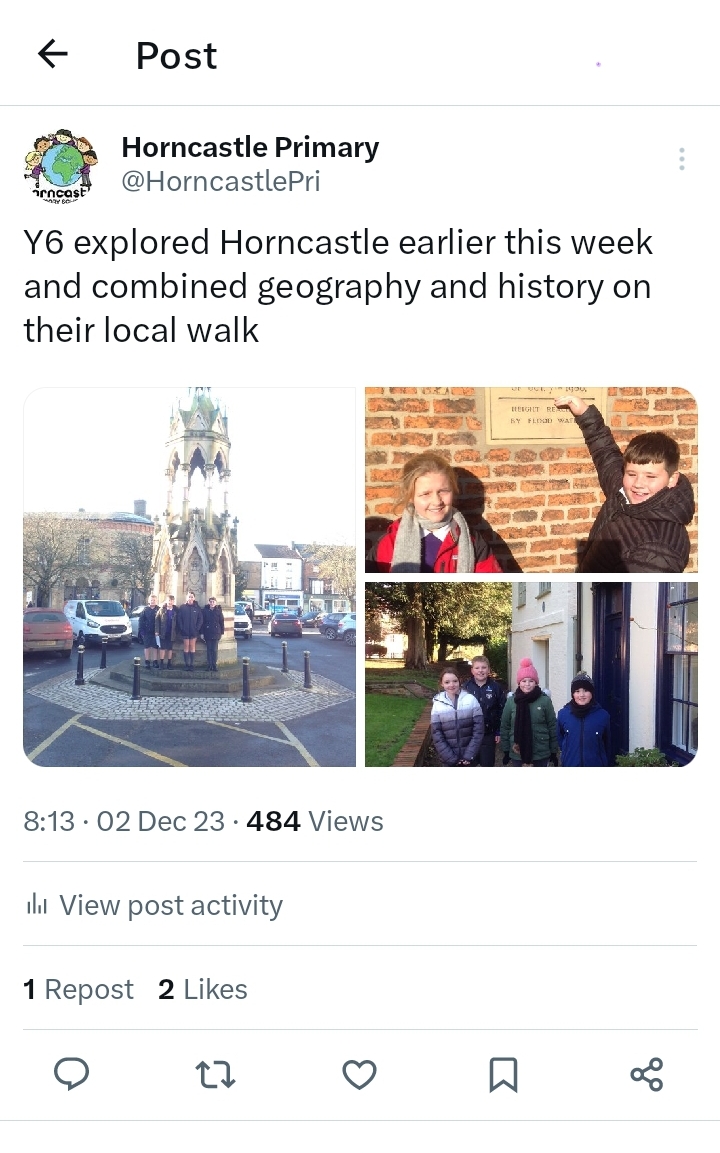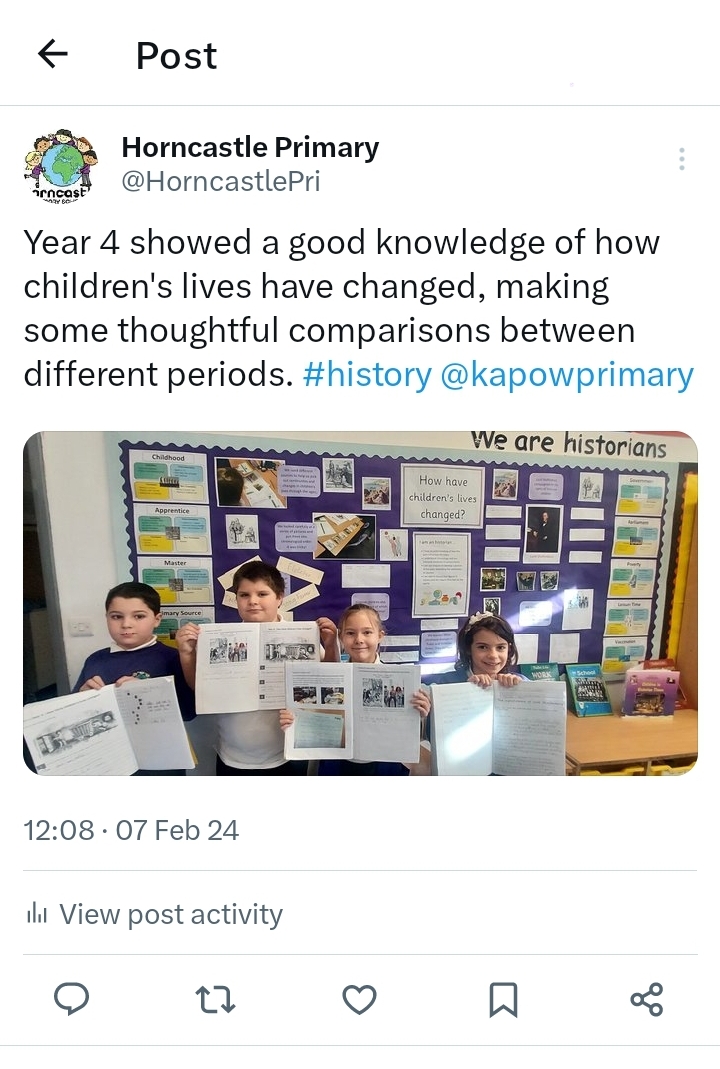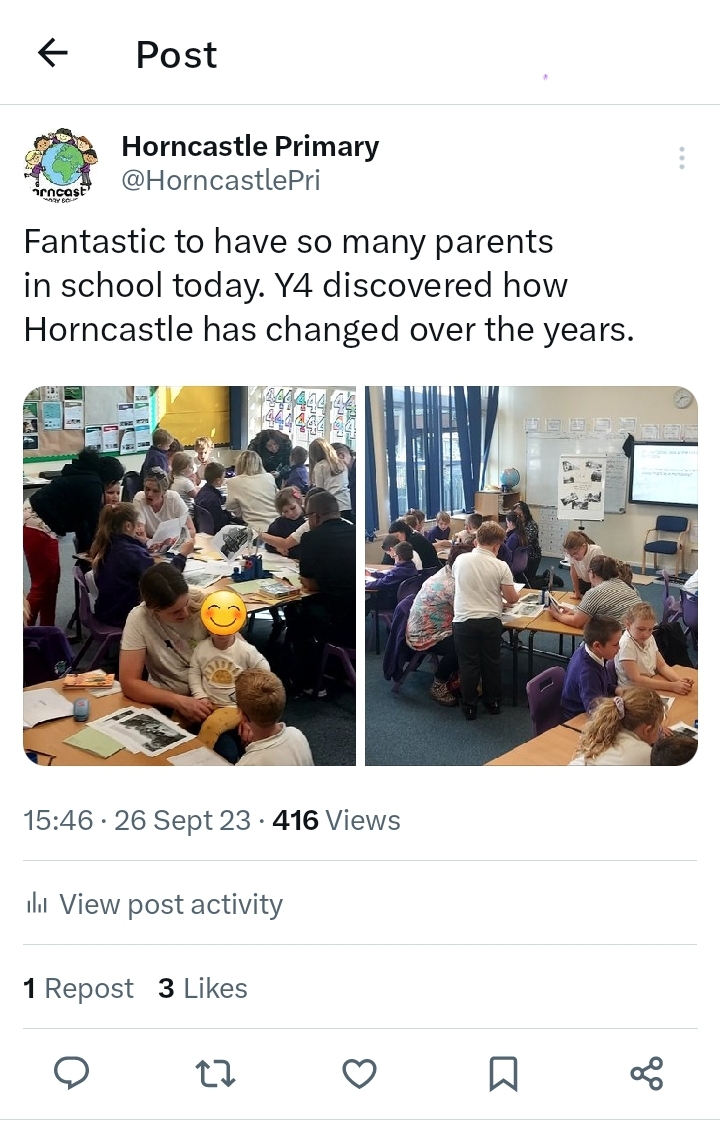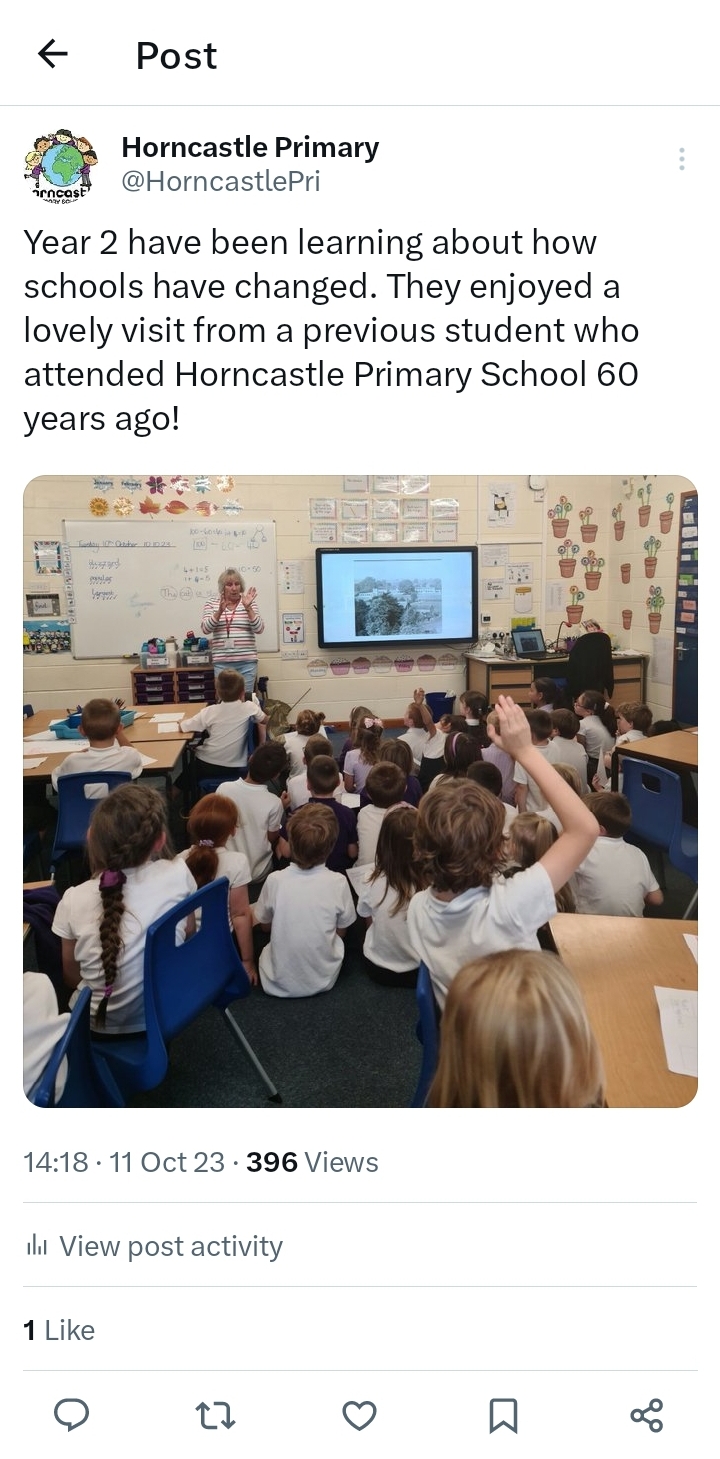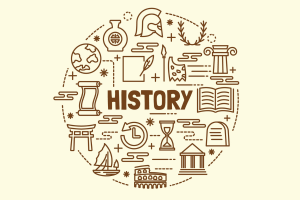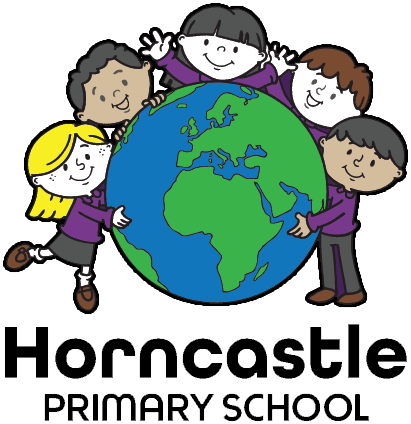We Are Historians…
History at Horncastle is aimed to stimulate the children’s curiosity and inquiry about the past. We endeavour to equip pupils to think critically and to develop a perspective about how times have changed. We encourage the children to question and debate so that they can make more sense of change and the chronology of events in British History and in the wider world. A secure knowledge of Britain’s past and our place in the world helps us understand the challenges of our own time.
Children are given opportunities to learn about historical events, people and places within Britain and the world. Familiarity with historical artefacts and sources further enhances their understanding and knowledge of the past in addition to making links and developing historical study skills.
In the Early Years activities are designed to foster a curiosity about history, prompting children
to start asking questions about the past while referring to their own experiences.
Children begin to develop a basic understanding that when we refer to the ‘past,’
we are referring to events that have already happened and become familiar with
some of the vocabulary we use to talk about the past (e.g. last year, last week,
yesterday).
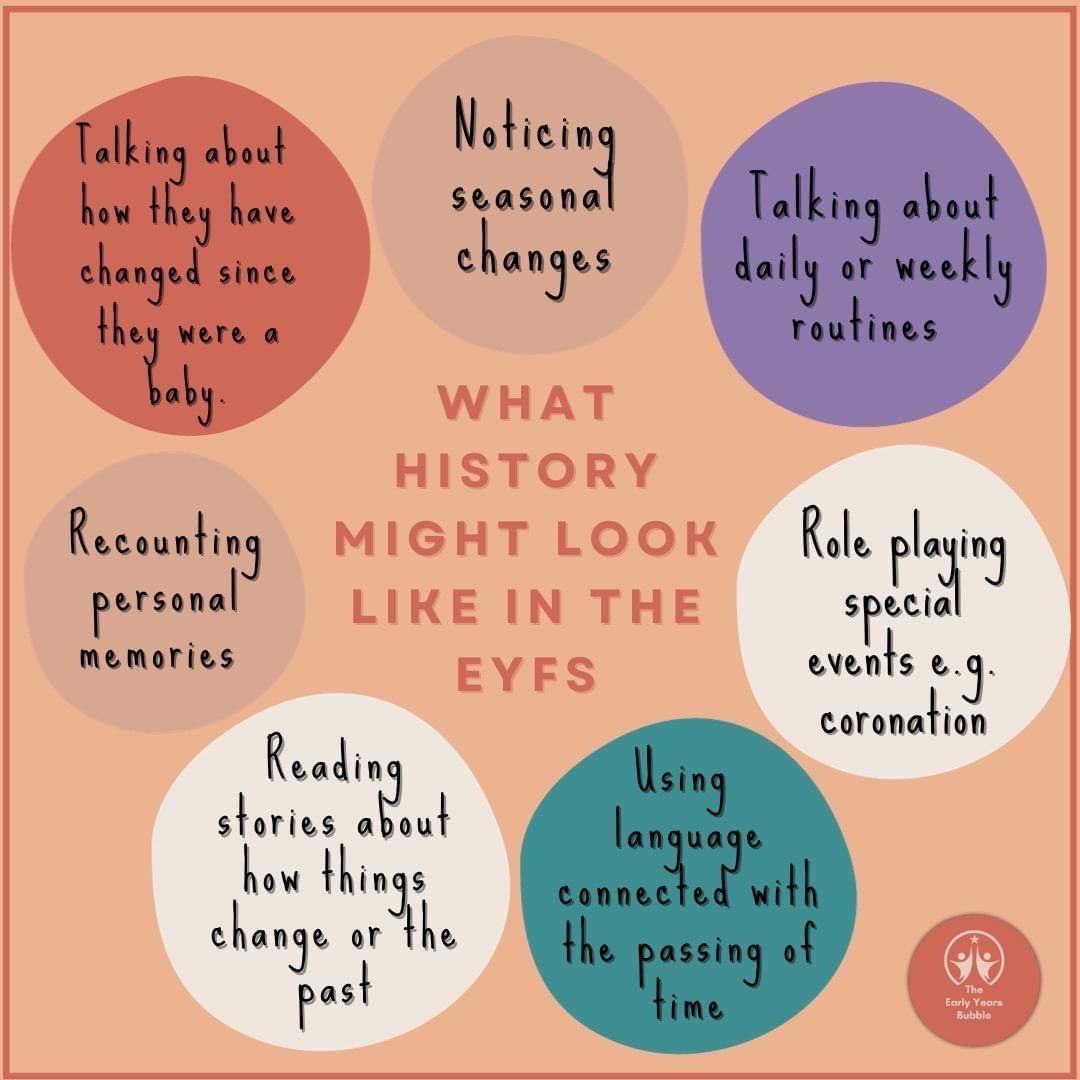
As children progress through the school, they learn about significant individuals in the past who have contributed to national and international achievements. Through stories, drama, artefacts, art and trips, they also focus on comparing their own experiences to significant events and periods further back in history. By the end of KS2 children will have developed a chronologically secure knowledge of British, local and world history; understanding how our knowledge of the past is constructed from a range of sources. Alongside this, the children will engage in questions about change and cause and make informed responses.
Substantive concepts are key concepts which children learn about during their study of primary history. Substantive concepts are fundamental elements of children’s historical knowledge, however they are abstract and therefore children may find them challenging to understand. At Horncastle, we revisit these concepts often so that children can build upon their prior knowledge. Our key substantive concepts are:
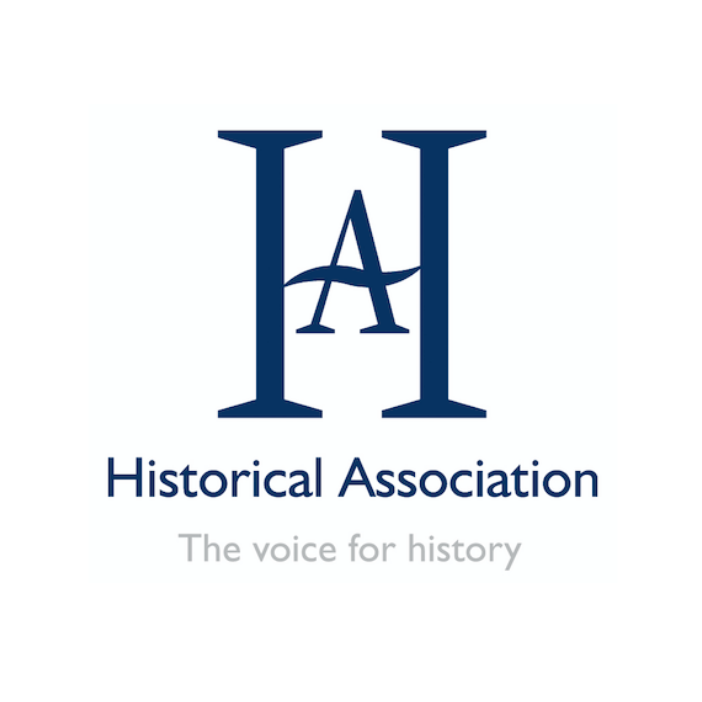
- Power (monarchy, government and empire)
- Invasion, settlement and migration
- Civilisation (social and cultural)
- Tax and trade
- Beliefs
- Achievements and follies of mankind
Why is this right for the children at Horncastle?
We ensure that with our study of history we look at the local context so our children are able, whenever possible, to visit places linked to their area of study. For example, in Year 1, one of the explorers we look at is Sir Joseph Banks who lived near Horncastle and set sail on HMS Endeavour with Captain Cook. In Year 4, when learning about how children’s lives have changed, we look at the children who lived in the Horncastle workhouse. In Year 6, we explore Bomber County and the role Lincolnshire played in WW2.

